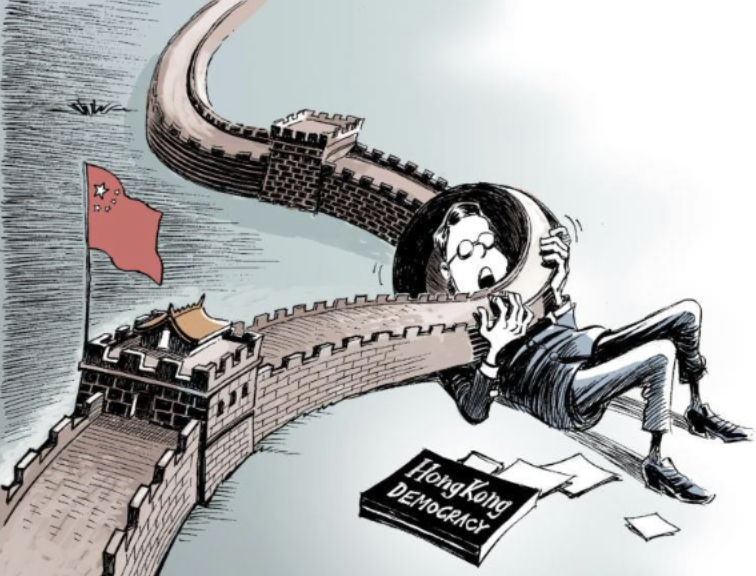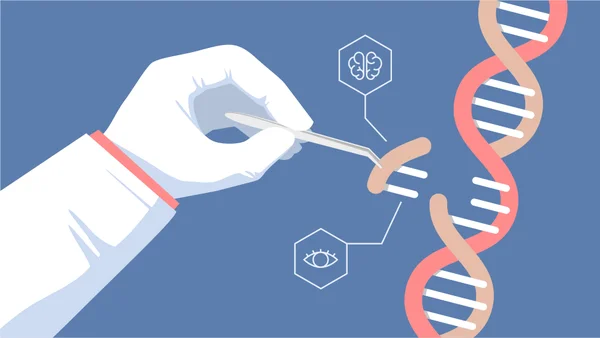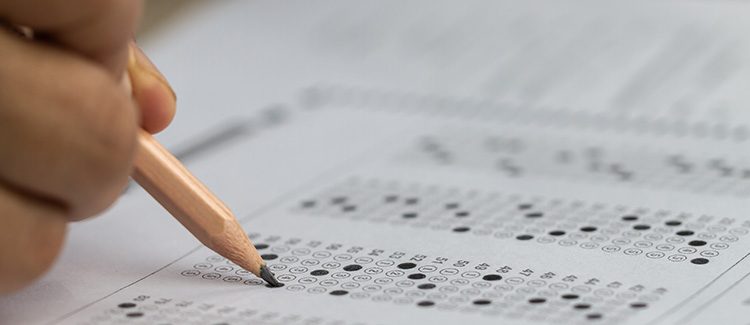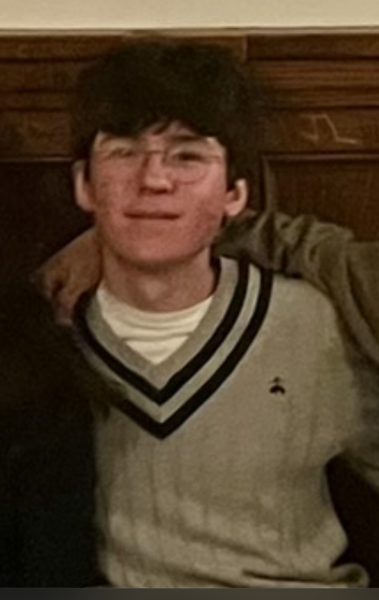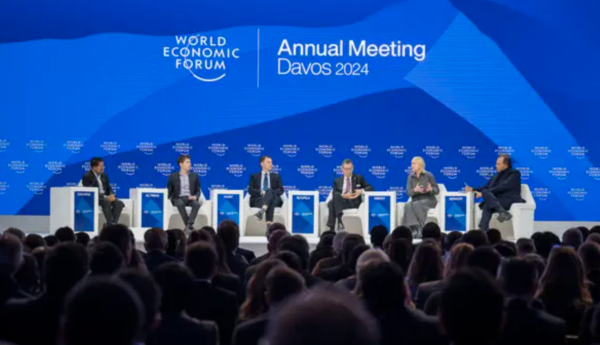
What is Davos?
Davos is a town in Switzerland which hosts an annual meeting were business leaders, politicians, and journalists come together to tackle the Global Challenges we face today. The Davos World Economic Forum has been held since 1971 and has strived to bring people together from across the world to discuss solutions best fitted for the public’s interest. This year alone brought 60 heads of state and nearly 300 ministers and other political leaders.
Key discussions: Climate
Many leaders have made public statements regarding their prime concerns and plans of action toward certain problems. This can be seen in Ursula von der Leyen, President of the European Commission and António Guterres, Secretary General of the United Nations’s speeches. They both urged for countries to put aside their differences and focus on solving mutual problems, such as the climate crisis and advancing reusable energy. Ursula comments on how the polarization of different places has affected our efficiency and effectiveness on solving said issues. “These risks are serious because they limit our ability to tackle the big global challenges we are facing.” She emphasizes that the independence of European power system is crucial as well. Furthermore, António comments on the consequences that we are facing since we fail to act. He has seen how some glaciers have melted and are gone forever, and others have lost 10% of their volume in just 2 years. “2023 has been the hottest year on record” he says and warns that these conditions will only worsen without change.
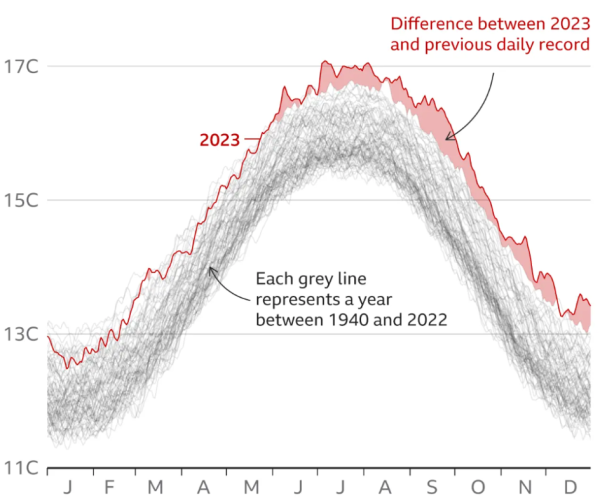
Key discussions: International Conflicts
The ongoing conflicts within the middle east and Red Sea have struck concern among all speakers at Davos. It has cause many new problems to arise throughout the world. The prime minister of Foreign affairs of Qatar, Sheikh Mohammed bin Abdurlrahman Al-Thani, speaks on how important it is to protect the freedom of navigation. The war has made trade through the Suez Canal exceedingly difficult. Bisher Hani Al Khasawheh, Prime Minister of Jordan adds on that the longer this war lasts, it threatens more things such as regional peace, security, and stability. Though these statements came from completely different countries, all those who attended Davos all had the same concern: A solution to end this war.
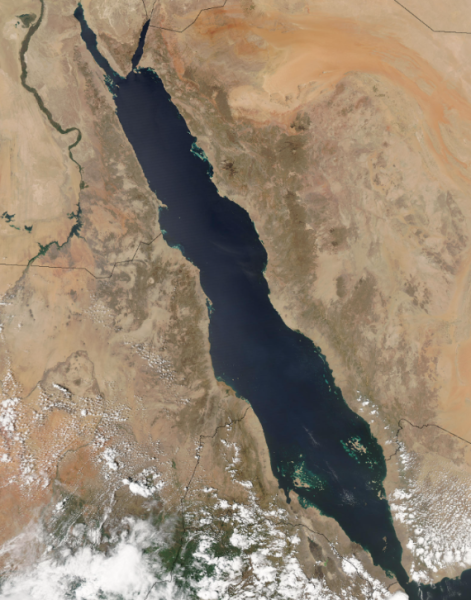
Key discussions: Economy
The economy of individual countries and on a global scale was on everyone’s agenda. Officials such as Li Quang, Premier of the People’s republic of China discussed the building of the economy of his country to contribute to the world’s. Pham Minh Chinh, prime minister of Vietnam shared similar views, sharing a plan that by 2045, Vietnam should become a high income country. “For the industries to grow, we need to develop a modern and industrialized nation.” Chinh states. Javier Milei, President of Argentina focuses on building back and stabilizing the economy of Argentina, as currently 40% of the population lives in poverty.
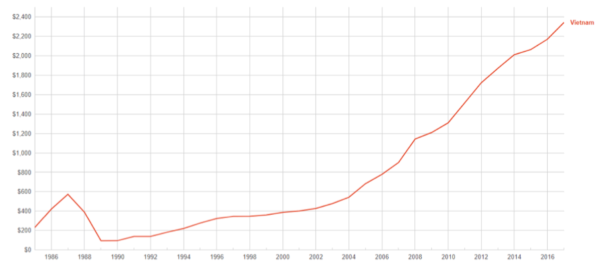
Takeaways: what we can do
The world rapidly grows around us and with it, comes new challenges. However, the solutions are not out of our reach. Davos’s existence is made possible with our voices and what we do to resolve the conflicts that arise. The voice of us as a group is what is represented at this meeting. If we all stand together and think as a whole, surely the things we come up with will be the best outcome.


